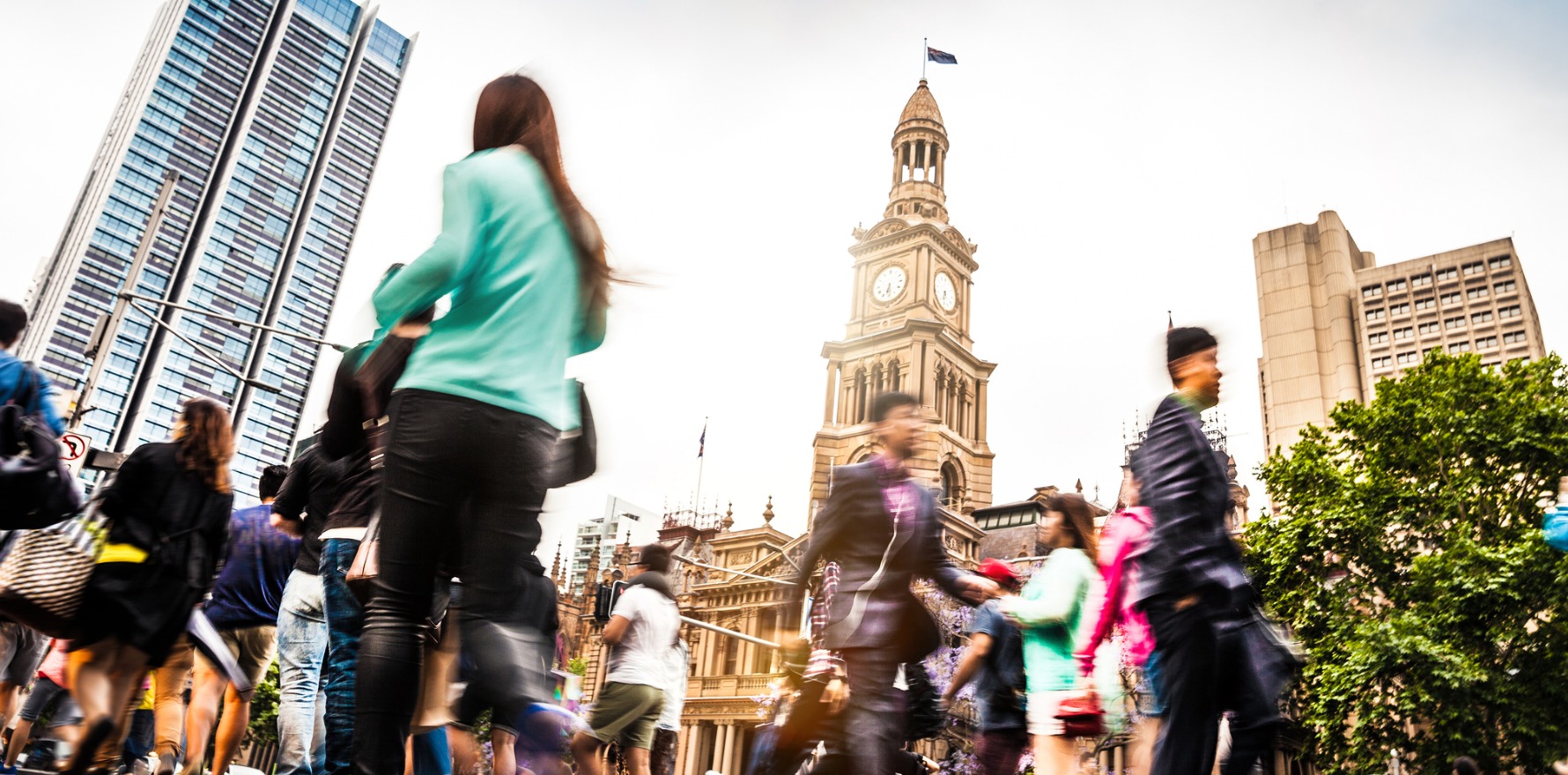Missing a diagnosis is a nightmare for GPs, so the idea that there are more cancers out there than usual is frightening.
Surely the worst is over now.
With at least 75% of our over-16-year-olds double-vaxxed, there is good reason to feel that we can all stop holding our collective breaths and start to plan again.
It’s a strange feeling isn’t it? At least it is here in Sydney and I’m sure Victoria. Good strange. A real sense of joy.
For the first time in ages it seems people are focussing on the future, which is wonderful. We can start to expect the travel sections of the newspapers to get thicker again, we can expert pre-release ticket offers for upcoming concerts and wait-lists to appear for reservations at popular restaurants.
But along with all the “good” stuff, we should also expect the inevitable reckoning of the damage wrought by covid-19 and the restrictions that were put in place to contain it.
We already know we have been so much more fortunate than many other countries in terms of morbidity and mortality from the virus itself – but what of the collateral damage? In particular, how has the pandemic here in Australia impacted the diagnosis and treatment of cancer?
A recent discussion with a cancer surgeon prompted this question. He mainly operates on breast cancer and melanoma. Asked whether he had been busy, he said that this year he had seen a 25 to 30% fall in new patients presenting for surgery. I know that’s anecdotal but it’s a hell of a drop.
It was starting to pick up again now, but he was expecting to see more advanced cancers courtesy of the delay – which, as he said, may not be a major issue for the majority of breast cancers, but for melanoma a few months can have a huge impact on prognosis.
At the end of September, Cancer Australia published data on the impact of covid on cancer types. Admittedly it was from 2020 data, but it made for interesting reading nonetheless.
Overall there was an 8% lower-than-expected number of cancer-related diagnostic procedures with tests for colorectal, lung, liver and prostate cancer being the most affected. Strangely, diagnostic procedures for breast cancer weren’t significantly down.
And in terms of therapeutic procedures, these were down 9% on expected numbers across the board, with melanoma procedures being one of the worst (down 14%).
The report doesn’t speculate on why the number of these procedures have dropped, but it would be logical to suspect interruptions to screening services such as BreastScreen and elective routine colonoscopies might play a part. But you’d wonder about melanoma. Was it the lack of face-to-face appointments with dermatologists for those high-risk patients that usually get assessed annually, or was it our own shift to telehealth, which does tend to rob patients of that ability to “just have a quick look at this dark spot” as they’re about to leave the room.
Whatever the reason, it will be the data being collected now that will really tell us the effect of covid. The data that includes the stage of the cancers at first presentation. All around the world, researchers and clinicians are watching closely.
As UK authors said in a Lancet article back in July 2020, “combined with interruptions in cancer screening programmes and delays in scans and diagnostics, a spike in late cancer presentations and diagnoses is anticipated, making some previously curable tumours more difficult to treat and unfortunately further excess deaths unavoidable”.
I don’t know about you but such predictions put me on edge.
Ever since that conversation with the cancer surgeon I find myself paying more attention to when patients had their last mammogram or colonoscopy, and if they mention a changed spot anywhere I’m on it like a terrier.
Missing a diagnosis is one of the, if not the, greatest fears for all GPs. The fact there might be more hidden cancers wandering around out there only feeds that fear.
Addressing the same concern, more than a dozen cancer organisations across Australia recently got together and launched a campaign to try and tackle what someone described as “symptom hesitancy”.
The online campaign – “new normal, same cancer” – is a collection of short testimonials from a range of people each affected by a different cancer all with a very similar message: if you have symptoms go to a doctor. Hopefully it will see more people making appointments, probably with us.
Once again the pressure is on.
As we bring in the chairs from outside (where patients waited the requisite 15 minutes after the vaccine), as we send mailouts to our immunocompromised patients for their booster shot and as we work out what we are going to do with our new rapid antigen tests – we have to now also be hypervigilant for possible signs and symptoms of early cancer.
Covid-19 has certainly been the virus that keeps on giving!
At least we can now plan a holiday and a big get-together at Christmas, and make a few early diagnoses in the interim.


